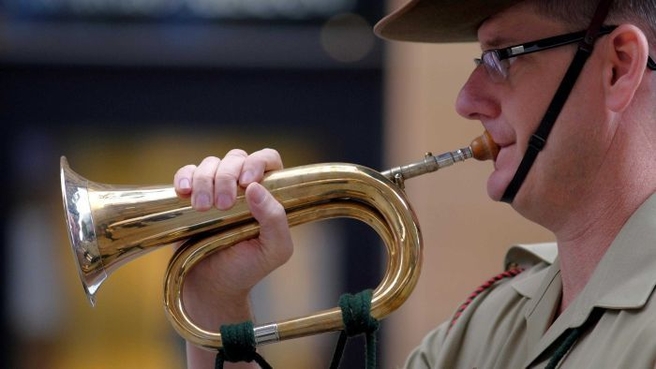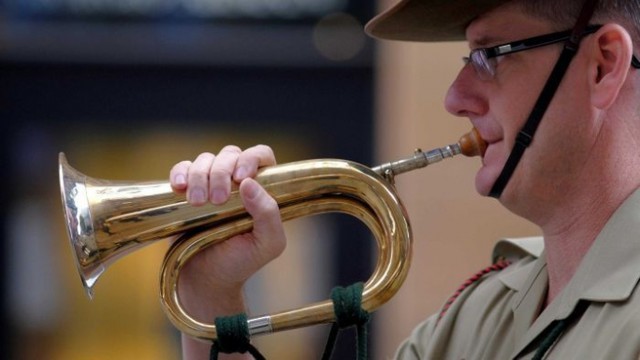Across Australia, Remembrance Day ceremonies took place to remember those lost in the first world war, which ended 96 years ago and those who have served for their country since.
Australian Prime Minister, Tony Abbott, encouraged everyone to take a moment to remember those who lost their lives while defending Australia’s freedom.
During WWI, of just under 5 million Australian citizens, 417,000 enlisted to serve. Of those, 332,000 went overseas, 152,000 of whom were injured. 61,000 Australian soldiers died for their country.
Abbott focuses on the bravery of those who served, and the strength that can be drawn from remembering their achievements.
Former prime minister, John Howard, addressed a group of 3900 in Canberra, the largest crowd ever to join a Remembrance Day celebration at that location. He honored the sacrifice of fellow Australians who died in the defence of their county, and their contribution to the overall spirit of Australia. He focused on the nation’s contribution to defending those who are vulnerable and complimented the Australian people on their values.
Brendan Nelson, director of the Australian War Memorial, emphasized the importance of honoring and remembering those lost in WWI. He noted that the number of Australian lives lost in the war was unimaginable. He encouraged the people of Australian to reflect on the country’s national anthem which rejoices the freedom of the nation. He explains that that freedom has been attained in a big part due to those who lost their lives during the war.
The Melbourne Shrine of Remembrance, which has had a $45 million upgrade, was unveiled in Victoria as part of the Remembrance Day celebrations. Included in the upgrade of this 80 year shrine are an education space and a gallery. Chief executive of the shrine’s foundation announced that these additions will be important for generations of the future. After veterans of WWII are no longer with us, the shrine will continue to offer education and commemoration opportunities.
Those veterans who have recently come home with substance abuse issues or mental health concerns are encouraged to be honored, according to the Returned and Services League of Australia (RSL).
Robert Dick, Tasmanian RSL president, explained that although the presence of Tasmanians was strong, they had a small population base. Nearly half of all the men were active in the war. Out of those Tasmanian men who fought at Gallipoli, the Middle East and the Western front, 25% did not return. They were either killed or died from their injuries, the ABC News reports.
The president of the RSL for New South Wales, Don Rowe, noted how difficult it often is for young veterans who had served in Timor, Afghanistan or Iraq to get used to living as civilians after their term is over. Part of the sale of poppies on Remembrance Day has been used to provide these soldiers with much needed services and support.
Homelessness and mental illness are two concerning issues that affect these young men after returning home.
Veteran, John Bale, 30, asked the people of Australia to also be sure to honor and remember those who gave into their pain and took their own lives after returning from war by taking a moment of silence.

